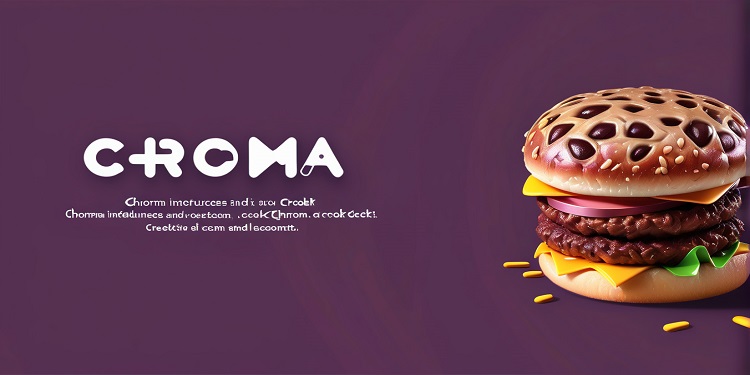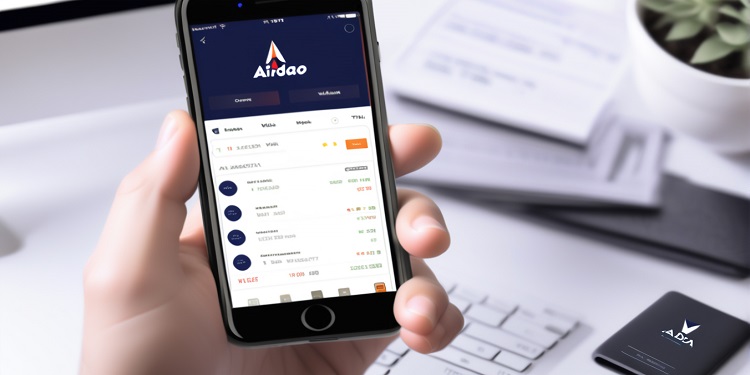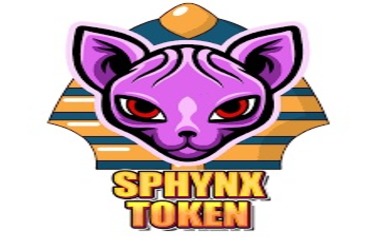 From last year, investors have been funneling millions into Decentralized Finance (Defi) networks in search of profits offered by synthetics covenants, borrowing, lending, and decentralized trading. Total Value Locked (TVL) into platforms such as Maker, Uniswap, Aave, and Compound increased significantly from $1 billion to $88 billion as of May 2021.
From last year, investors have been funneling millions into Decentralized Finance (Defi) networks in search of profits offered by synthetics covenants, borrowing, lending, and decentralized trading. Total Value Locked (TVL) into platforms such as Maker, Uniswap, Aave, and Compound increased significantly from $1 billion to $88 billion as of May 2021.
As per a source, with the rapid expansion of Defi in the rapidly changing market, Robinhood Crypto has signaled at intentions to add Defi capabilities to cater to its users who may wish to transfer their cryptocurrency elsewhere. Robinhood COO Christine Brown initially revealed this in May, when she said that the inclusion of staking, lending, as well as other Defi tools is being considered.
She recently said at the Messari Mainnet Conference in New York that the business has explored offering Defi to its consumers. “We would want to offer our consumers additional options. This would turn [crypto] into a tool in their life rather than simply an investment financial instrument.”
Brown also indicated that if demand increases, they would enable Non-Tangible Tokens (NFTs) trading. This was backed up by Robinhood Crypto CTO Johann Kerbrat, who also stated that staking will be included to their Roadmap. “We can’t say very much about our plan, but staking in principle is something I’m enthusiastic about. With inflation on the rise and savings accounts yielding nothing, I believe staking may be a very appealing option for many people.”
On Wednesday, Robinhood Crypto revealed that they would start a backlog for its much-anticipated cryptocurrency wallet in October, ensuring that users may transfer currencies such as Bitcoin and Ethereum on and off the app at the start of 2022. This is to create a larger crypto enviroment.
Furthermore, this is done to entice customers who want to be unified on a single platform, experience commission-free buying and selling and other advantages. These connections will elevate Robinhood to the level of Coinbase, Binance, and Kraken.
As per Brown, the app’s transfer option will continue to entice users to trade on the platform since it is still less expensive than trading on Ethereum-based decentralized exchanges.
“Many [customers] have not transacted on-chain. As a result, the notion of handling their keys is something they may not want to undertake. As a result, they get the perfect blend… And if they say, ‘not your keys, not your money,’ we wholeheartedly support them transferring.”
She went on to say that wallets are the foremost stage in this huge overhaul. “It’s transforming something that was one-dimensional—you purchase it, keep it, and sell it—hopefully at a higher price during that time—into something multidimensional. You may spend your coins in the cryptocurrency environment.”








